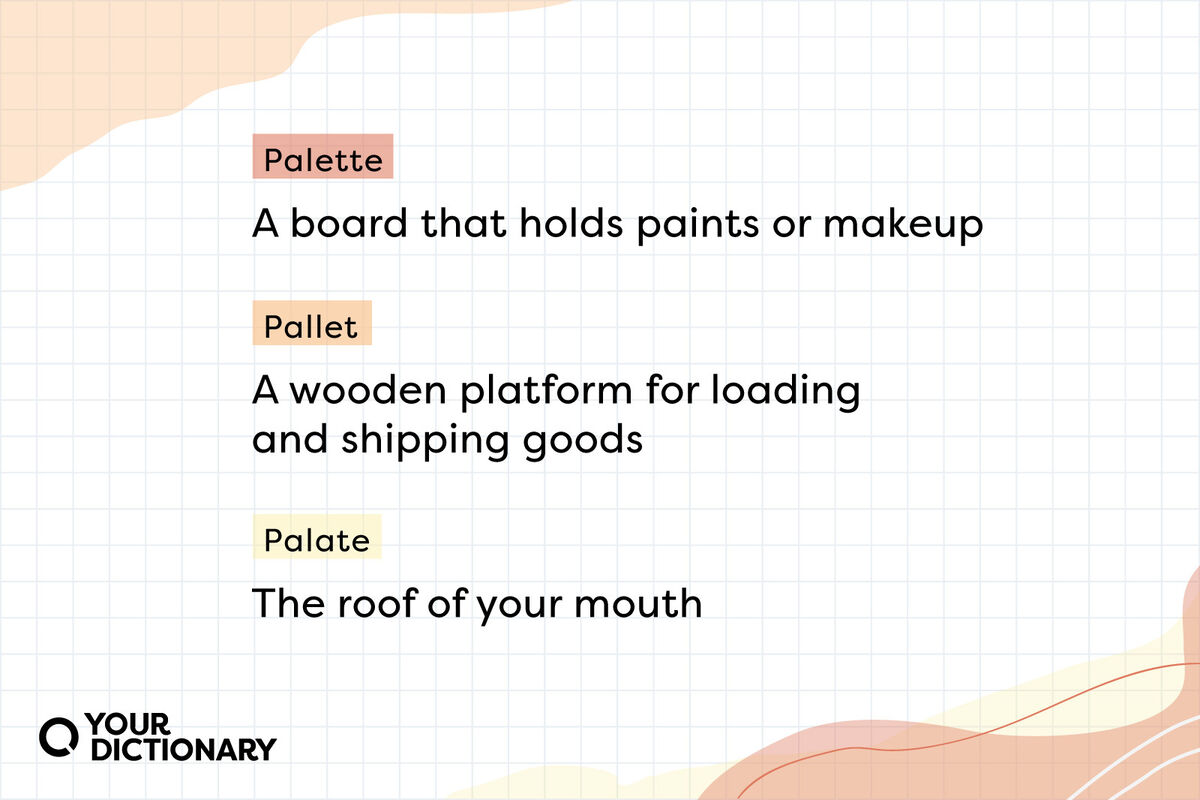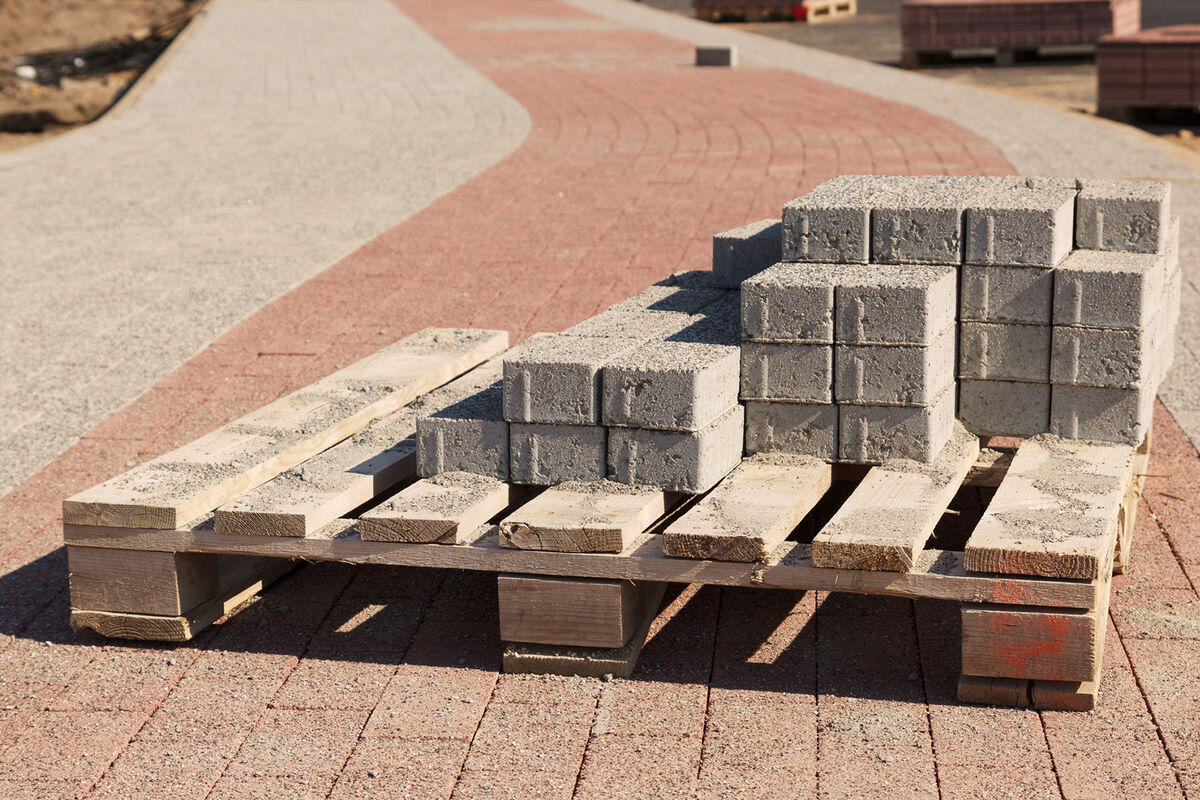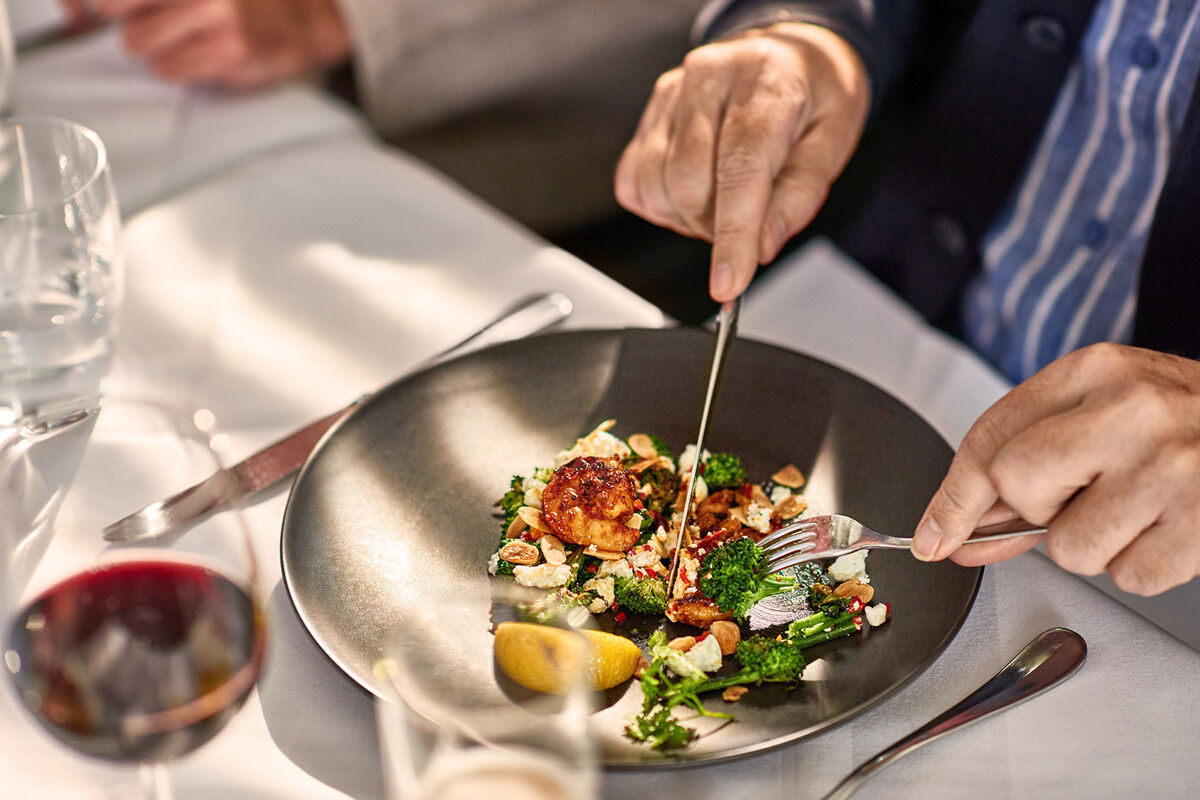
What’s the difference between a makeup palette and a makeup pallet? One fits nicely into your purse — and the other may require a forklift to move. Master the differences between these words before your next makeup order (and don’t even get us started on what a makeup palate might be).
A Palette Is For Painting
The first of these homophones, palette, refers to an artist’s board of paint mixtures or a set of makeup sections. It comes from the Latin pala, meaning “spade” and the Old French palete, meaning “small shovel” or “tablet.” You can also use the word palette when describing an artist’s range of colors and techniques, or when you want to compliment your friend’s newly painted dining room (“I love the palette you’re using here”).

Using Palette in a Sentence
Palette functions as a noun, typically in artistic contexts. For example:
- You can admire the beautiful views of Artists Palette in Death Valley National Park.
- The painter blended light blue and gray on his palette to create a sky color.
- This eyeshadow palette is perfect for people with blue eyes.
A Pallet Is For Loading
A pallet, on the other hand, is a wooden platform used for shipping and loading goods. It comes from the Latin palea, meaning “chaff of straw” and Old French paillet, meaning “bundle of straw,” referring to a straw mattress or bed. We now used pallet to describe the wooden bed on which we ship and load goods, as well as the load of goods itself (as in “a pallet of paper” or “a pallet of bricks”). It has a related usage to palette (“a wooden board”) but does not relate to artistic or makeup use, only loading.

Using Pallet in a Sentence
Like palette, the word pallet is only a noun. For example:
- All these empty shipping pallets are ready to be loaded.
- Use a forklift to get this pallet of cement to the other side of the warehouse.
- Did you unload those last pallets of firewood into the store?
A Palate Is For Tasting
The last word in this set of homophones is palate, and unlike the others, it’s got nothing to do with wood. Anatomically, it’s the word for the roof of your mouth (from Latin palatum and the Old French palat). You have a hard palate closer to your top teeth, and a soft palate closer to your throat.
Figuratively, palate can refer to your taste in food and drinks. Those with sophisticated or distinguishing palates can detect very slight nuances and flavors, and tend to prefer gourmet foods and fine wines. This meaning for one’s range of tastes is often why palate and palette are mixed up, as palette can refer to an artist’s range of colors or techniques.

Using Palate in a Sentence
While palette and pallet only function as nouns, palate has both a noun and an adjective form (palatable, meaning “satisfactory” or “agreeable”). Additionally, idioms like cleansing the palate can have the literal meaning of eating a neutral food between courses with lots of flavors, or the figurative meaning of transitioning from a high-energy activity to a more neutral activity. Examples of palate and palatable in a sentence include:
- The scratch on my hard palate has been bugging me all day.
- Watching a romantic comedy was a nice palate cleanser after the horror movie marathon.
- These investments aren’t terribly exciting, but they’re palatable.
How To Keep Them Straight
Still confused? Use these tips to keep palette, pallet and palate straight:
- Palette ends with -ette, just like etiquette — it’s bad etiquette to use someone else’s paint palette.
- Pallet ends with let, as in “Let someone with the proper equipment lift that pallet.”
- Palate has the word ate at the end, so it’s the one you use to describe eating and the mouth.
A Palette of Palatable Words
For more advice on commonly confused words, check out: